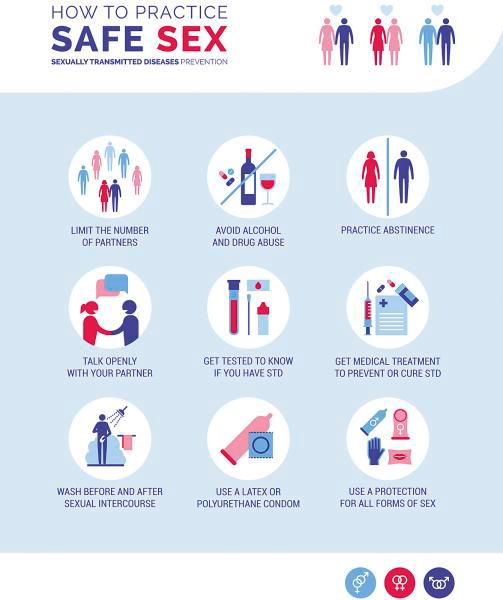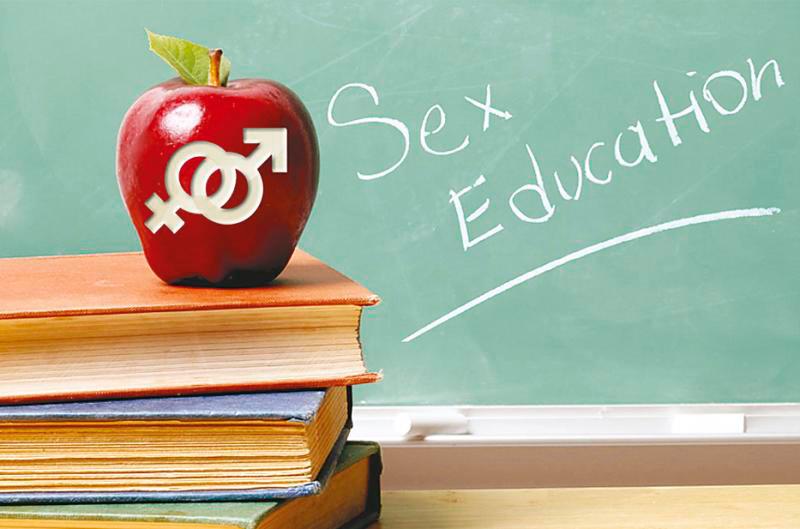OVER the years, there has been a huge debate over whether sex education should be taught in schools. Currently, many schools solely teach abstinence, or prefer to leave the issue of sex education to parents.
Child advocates claim that this goes against years of extensive research on the issue which has shown that the lack of comprehensive sexuality education (CSE) leaves youth at a disadvantage when it comes to their physical and emotional well-being.
They frequently cite the stand of the World Health Organisation, which states on its website that CSE “plays a central role in the preparation of young people for a safe, productive, fulfilling life in a world where HIV and AIDS, sexually transmitted infections (STIs), unintended pregnancies, gender-based violence (GBV) and gender inequality still pose serious risks to their well-being.”
This year, women’s groups have renewed their call for CSE to be made a mandatory part of the school syllabus to help equip the younger generation with the right knowledge about their sexual and reproductive health, as well as building healthy relationships with their peers and adults.
Sisters In Islam (SIS) communications officer Aleza Othman was quoted as saying that CSE should be made a standalone subject, instead of a component of physical education, religious or scientific subjects, while partner-director of KRYSS Network Angela M. Kuga Thas stated that it would help teach students how to better manage peer pressure around sex, as well as foster more respectful relationships between boys and girls.

Why the pushback?
The most common arguments against CSE are that it may introduce the idea of sex or sexuality too early to children. In particular, many parents mistakenly assume that sex education will encourage children to engage in sexual intercourse. Another factor is the general social taboo surrounding the topic of sex, which is common in many conservative Asian societies such as ours.
However, many experts believe that the lack of knowledge can lead to youth making poor judgements due to their ignorance. By providing children – especially teenagers – with the right information, they say that CSE can help protect them from harassment and abuse, as it emphasises the importance of one’s personal well-being and health.
Young adults need to be aware of safer options
Getting the right information about sex from a qualified source, as opposed to the internet or from their peers, is a key factor in reducing STIs, unwanted teen pregnancies, and the emotional consequences of sex. For example, teaching the youth about the functions and benefits of using condoms or contraceptive pills reduces the risk of them having unprotected sex, or worse, trying out a dubious home remedy that supposedly helps prevent pregnancy.
The teaching of CSE in schools can also help young people better prepare for life changes such as puberty, menopause and ageing. As we all know, teenagers are usually very curious about learning new things that came up to them, especially abstract things like sex. Sex education plays an important role in resolving problems and clearing up misunderstandings that young adults may have received from sources such as the media or their peers.
They also learn to have more respect for themselves and other people, leading them to become more mature and responsible adults. The more teenagers know, the more likely they have the strength and knowledge to say “no” and to have more autonomy over their personal and physical self.

Lower the rate of sexual abuse
Sex education in schools also provides a shield against sexual abuse experienced by children. There are many youths who do not report sexual harassment to the authorities, and most of the time it’s because they are not aware of what sexual harassment is, or how to defend themselves against it.
The main purpose of sex education is to teach young people the skills to identify dangerous situations and prevent sexual violence. For example, they would learn the differences between appropriate and inappropriate touches, and that anything done to them without their consent is wrong. This also teaches them how to set proper boundaries for themselves, and be aware of what actions to take when they do not feel comfortable.
Maintaining better health
Sex education addresses a wide range of issues related to health, sexuality, safety, gender norms, identity, respect, kindness, self-expression, and power dynamics. It teaches us about the diversity of the human body, how our bodies work, and our rights to our bodies. It also provides teens with opportunities to practice core skills such as decision-making, negotiation, critical thinking, and leadership and communication skills. Whether it’s to learn the right attitudes to have in interpersonal relationships and make informed choices in life, an appropriate sex education can help.
CSE is highly important for young people to prepare for any physical changes and maintain a healthy and hygienic well-being. Parents should realise that sex education doesn’t encourage students to have sex but instead, help them gain a proper knowledge about it. Learning about your sexuality leads to overall better and more productive thinking and relationships in the future.









